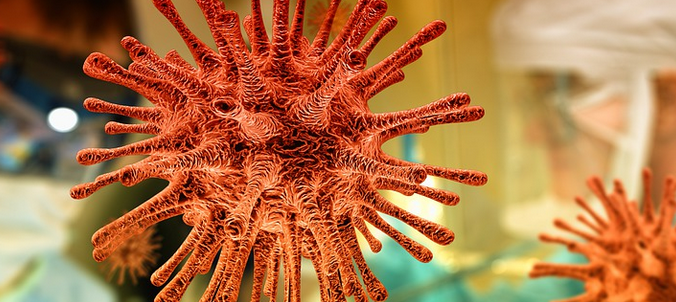Introduction
In microbiology, identifying microbial organisms is crucial for diagnosis and treatment of infections. One of the methods used for identification is biochemical testing. In this article, we will discuss the concept of biochemical testing for microbial identification.
The Principle of Biochemical Testing
Biochemical testing is based on the principle that different microbial organisms have different metabolic processes, which can be detected by the analysis of their metabolic products. These metabolic processes are unique to each organism, allowing for their identification.
The Types of Biochemical Tests
There are different types of biochemical tests that can be used for microbial identification. These include catalase test, oxidase test, indole test, urease test, and many others. Each test is specific to a particular group of microorganisms.
The Procedure of Biochemical Testing
Biochemical testing involves inoculating a pure culture of the microorganism onto a specific medium containing a particular substrate. The medium is then incubated under specific conditions, and the metabolic products are analyzed using various methods such as colorimetry, spectrophotometry, or chromatography.
The Significance of Biochemical Testing
Biochemical testing plays a crucial role in microbial identification, as it allows for the differentiation of closely related organisms. This information can aid in the diagnosis and treatment of infectious diseases.
The Advantages of Biochemical Testing
Biochemical testing is a rapid and cost-effective method for microbial identification. It can also be used to identify multiple organisms simultaneously, making it a useful tool in epidemiological studies.
The Limitations of Biochemical Testing
Biochemical testing has some limitations, such as the need for pure cultures, which can be time-consuming and difficult to obtain. It is also reliant on the accurate interpretation of results, which can be subjective.
The Future of Biochemical Testing
Advancements in technology have led to the development of new and improved biochemical tests for microbial identification. These tests are faster, more accurate, and require smaller sample sizes. In the future, biochemical testing will continue to play an essential role in the diagnosis and treatment of infectious diseases.
Conclusion
In conclusion, biochemical testing is a vital tool in microbial identification. It provides an accurate and cost-effective method of identifying microorganisms, which aids in the diagnosis and treatment of infectious diseases. With the development of new technologies, biochemical testing will continue to evolve and improve in the future.

